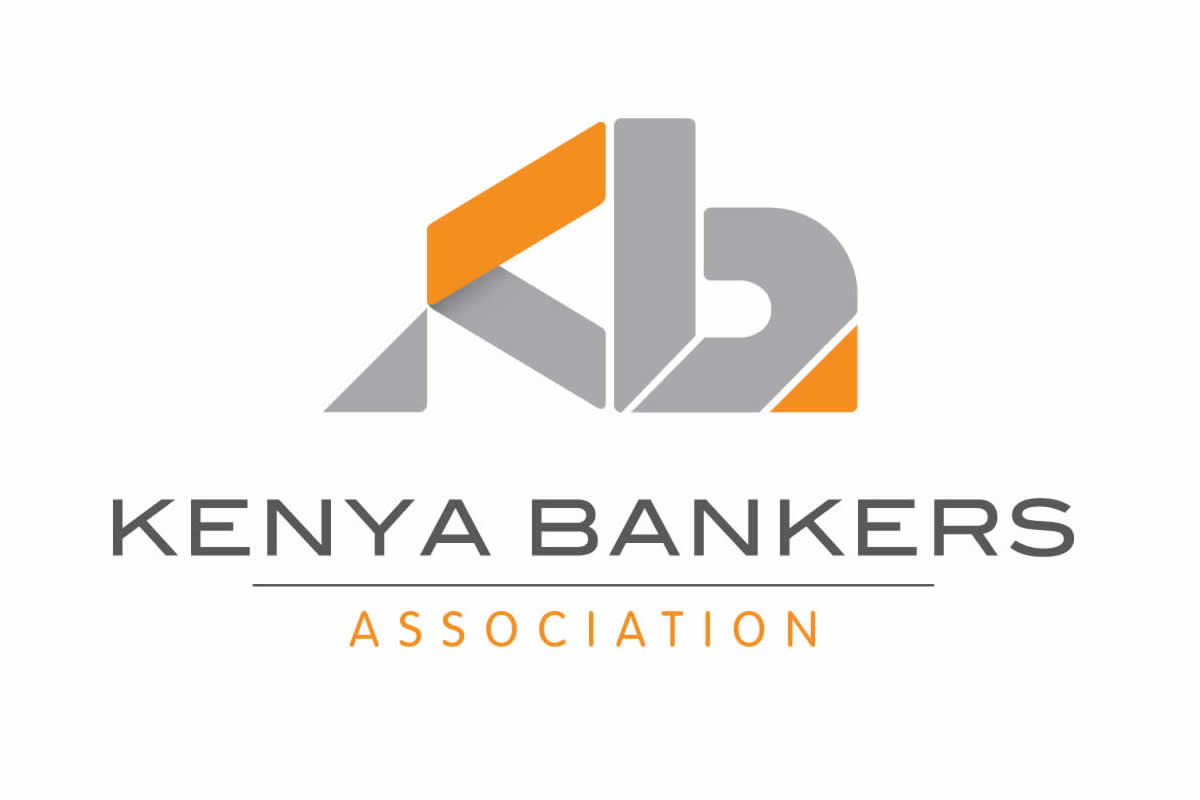Nairobi, May 3rd, 2017 – The adoption of Chip and PIN technology is a step forward in mitigating fraud, according to a study by the Kenya Bankers Association, the banking industry umbrella body. Card related fraud has significantly reduced after the adoption of EMV as the industrywide standard for payment cards in Kenya.
In the last three years, card fraud trends have shown an impressive decline, however, there has been a surge in identity theft cases and mobile fraud. Globally in 2016, about 4,003 cases of card fraud were reported in EMV exempt countries. Locally, there has been no reported incidences of card present fraud since the industry transition to EMV. It should be noted that, globally, 42.4 per cent of transactions are EMV. In the Africa region, 89.9 per cent of card-present transactions are EMV.
According to KBA CEO Habil Olaka, while EMV Compliance has so far been effective in comprehensively addressing card skimming fraud, creating a market opportunity to promote payment card usage, fraud has migrated to other areas.
“There is no doubt chip and PIN cards have curtailed card fraud and it is exciting to see customer confidence grow, this has propagated usage of payment cards not only at the ATMs but also in retail outlets and via online platforms, ” added Mr. Olaka.
Mr. Olaka emphasized on the importance of focusing on the evolving threat of fraud and the importance of cooperation and collaboration among the various segments of the payment card industry in the search for solutions. “The key to creating a safer payment eco-system and mitigating associated fraud risks is working in close collaboration with all the stakeholders, government and the public to raise awareness of current and future threats and to disrupt and dismantle the networks and enablers that are facilitating fraud,” he said.
He noted that the industry’s successes have not come from a single solution but from the execution of multiple and interacting strategies. As he emphasized that there is no “silver bullet” to combat fraud. Instead, efforts to contain payment card fraud must focus on a combination of multiple tools and practices, evolving over time, involving acquiring, issuing institutions and consumers.
The primary aim is to bolster consumer confidence in payment systems, especially as payments move to digital platforms. To the extent that data breaches and related fraud and identity theft threaten consumer confidence in digital payments, the system as a whole is threatened. According to Interswitch CEO Paul Ndichu, consumer confidence is an imperative in the payment card business. Protecting cardholder data and maintaining the integrity of the card payment system are not only the right things to do for consumers, but they also serve the business interests of card issuers, networks, merchants, and acquirers.
Interswitch recently announced that it had received re-certification in Payment Card Industry Data Security Standard (PCI DSS) v3.2. This is a major milestone that comes through rigorous standards audit and confirms Interswitch’s adherence to the highest security standards in the card payments and processing space. Interswitch has been re-certified for PCI DSS three years in a row. “Fraud in the payment industry is a serious threat, however, we are continuously monitoring transactions as well as card fraud trends to ensure we close any emerging loophole,” he noted. Adding that, “as stakeholders we are always innovating to provide a safe and secure online payment experience.”
In the recent days, card schemes including American Express, Mastercard and Visa have been working on products to improve online transaction security and encourage the growth of e-commerce. Some of the innovations include Mastercard Secure Code, Verified by Visa, and American Express’ SafeKey. The Card and Online Safety Awareness Campaign dubbed Kaa Chonjo! (Be Alert!) that KBA coordinates annually on behalf of the sector aims to flag up the most prevalent scams against bank customers and provide advice on how to avoid becoming the next victim.
During the month-long campaign, service providers will be engaging the public to sensitize them on the importance of safeguarding their bank account details, including their PINs and Passwords, while transacting at ATMs and via mobile banking, online platforms and other channels. Through the campaign, the banking public will also be reminded that they can use their new cards at Point of Sale locations, including at retail stores and supermarkets, to reduce dependency on cash and coins. Bank customers are invited to visit www.kba.co.ke to access more information on consumer safety and banking during the Card and Online Safety Awareness Month of May.
NOTE TO EDITORS:
About Kenya Bankers Association
KBA (www.kba.co.ke) was founded on 16th July 1962. Today, KBA is the financial sector’s leading advocacy group and banking industry umbrella body that represents total assets in excess of USD 37 billion. KBA has evolved and broadened its function to include advocacy on behalf of the banking industry, and championing financial sector development through strategic projects such as the launch of the industry’s first P2P digital payments platform PesaLink. In line with the Government’s policy on public-private partnerships, KBA and Central Bank of Kenya have implemented key projects such as modernization of the National Payments System through the Automated Clearing House, implementing the Real Time Gross Settlement System (RTGS), and the Kenya Credit Information Sharing Initiative. The KBA members are comprised of commercial banks and deposit taking microfinance banks.
About Interswitch
Interswitch is an Africa-focused integrated digital payments and commerce company that facilitates the electronic circulation of money as well as the exchange of value between individuals and organisations on a timely and consistent basis. The company started operations in 2002 as a transaction switching and electronic payments processing company that builds and manages payment infrastructure as well as deliver innovative payment products and transactional services throughout the African continent.



